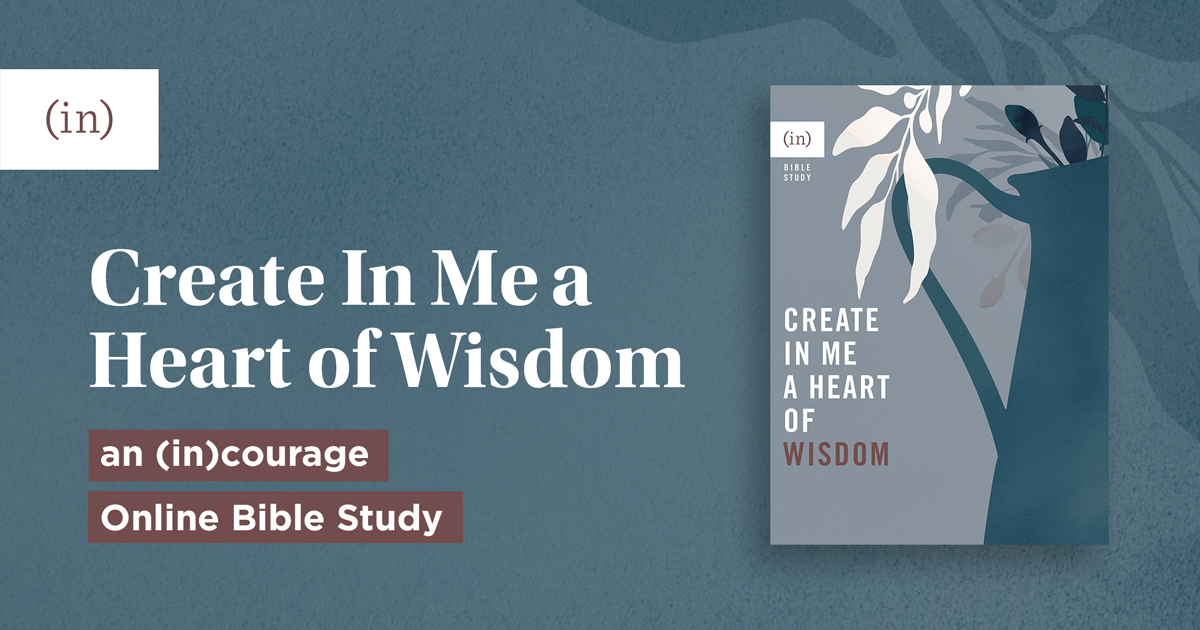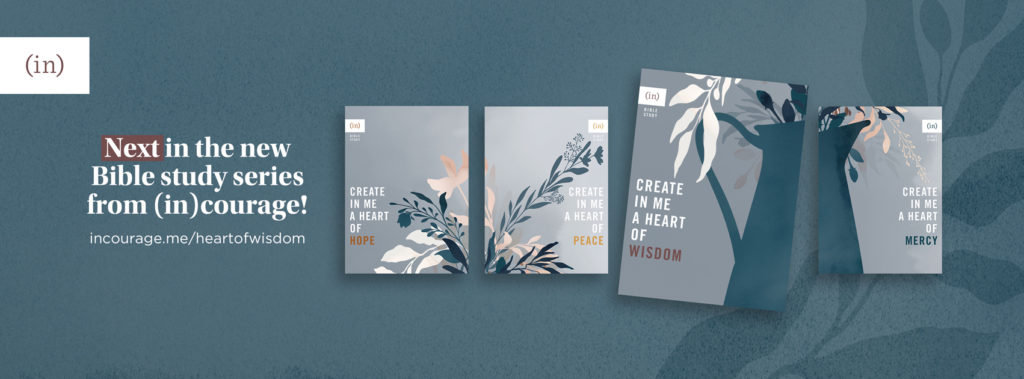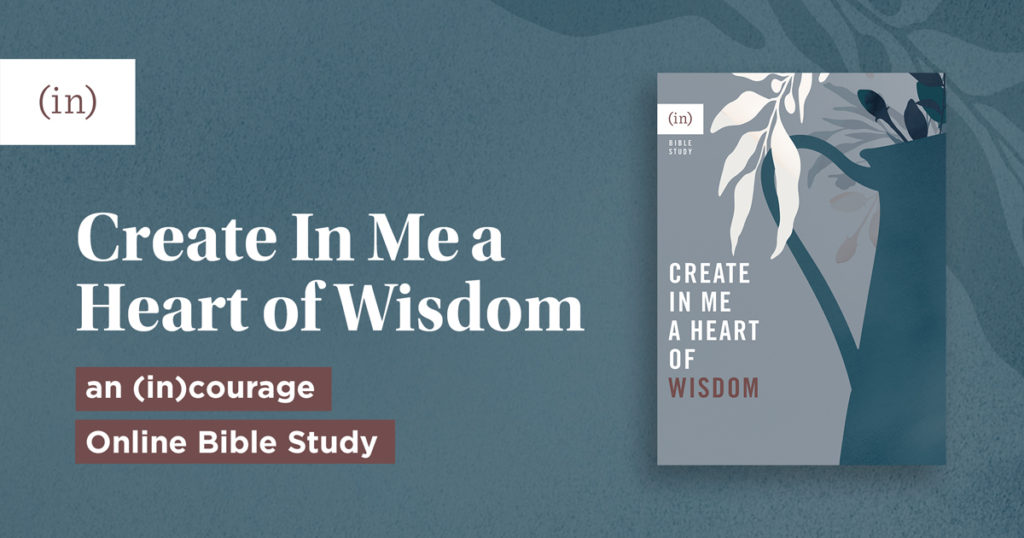My husband and I have an ongoing debate. We both love the mountains and, in particular, have really enjoyed the time we’ve spent in Colorado. We find the magnitude and beauty of the mountains to be breathtaking, humbling, and an undeniable testimony to God’s greatness. We find that our eyes are drawn to the natural beauty whether we’re hiking to a waterfall or driving through crowded streets. Up close or in the distance, the mountains refuse to be ignored and keep us mindful of God at all times.
The debate comes in when we imagine living near such natural beauty. If mountains were simply part of our everyday environment, would we remain so focused on their magnificence and their creator? Would we be able to maintain a posture of wonder and worship, or would we eventually put the blinders back on?
One of us (hint: it’s me) insists that I would never tire of gazing at the mountains in gratitude and awe. I can’t imagine a world in which I don’t even notice the towering peaks and swooping valleys. Surely they would never become normal or grow old; surely I’d never stop hearing the call of nature and craving its message of God’s power and love.
Except . . . this is exactly what happens nearly every day of my life. I stop to breathe in the fresh air. I stare at the bright pinks and oranges striping the sky, blinking away tears of gratitude for such a show. I smile at the calves in the field as I speed down the highway. And then I go about my life, head down, eyes back on the immediate and the urgent, forgetting once again the splendor of this world and the song it sings of God’s glory.
Can you relate? Do you find it easier to keep your head down than to look up and out at the world God created? Could you use a reminder to pause and observe the heavens and the works of God’s hands?
What a difference it might make if we regularly let nature point us to God! What a different perspective we might have when we look back at our small corner of the world after contemplating the vastness of the world He’s made!
As we move toward the time for remembering Christ’s sacrifice and resurrection, the ultimate act of love, let’s also set aside time to remember God’s creativity and power in making the world, the original act of love. After all, the world Jesus came to save had to be made first, and God decided to make it beautiful. Let’s watch the mountains point to the heavens and listen to the seas roar His name. Let’s look up and remember who He is and how powerful He is. Let’s never grow tired of hearing His creation shout the magnificence of His name.
Heavenly Father, I am in awe of You. When I see the mountains or a rushing river, a flower pushing its way out of the ground, or a sunset painting the sky, I cannot deny that You are a mighty and powerful God. You are a wonderful artist, and I’m so grateful. Thank You, Lord, for giving us beauty in every corner of this planet — to enjoy but, more important, to remind us of your magnificence. Forgive me, God, for the days I never look up once, for the times I’m so focused on myself that I forget to look for You. Please keep reminding me, keep pulling my eyes up. Don’t let me get tired of or used to the wonder of You. Help me see the beauty of the world You came to save. I love You. Thank You. Amen.
Excerpt from Journey to the Cross: Forty Days to Prepare Your Heart for Easter by Mary Carver.
It’s not too late to have a meaningful Lenten season. Let us send you a FREE sampler from our Lenten devotional, Journey to the Cross! Journey to the Cross: Forty Days to Prepare Your Heart for Easter was written with women of all stages in mind so that we can all better experience the power and wonder of Easter with intentionality and depth. Also, join us daily in our Instagram stories for a brief passage, prayer, or Scripture from Journey to the Cross. We hope it will bless your Lenten season.
Get your FREE sampler from Journey to the Cross!




 Isn’t wisdom just what we all need to seek right now? (Raising my hand high!)
Isn’t wisdom just what we all need to seek right now? (Raising my hand high!)